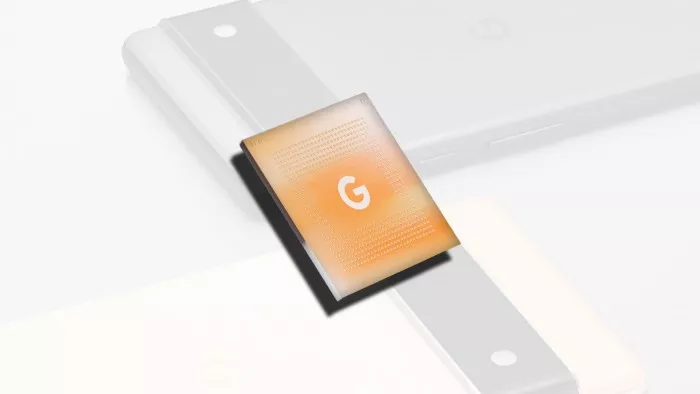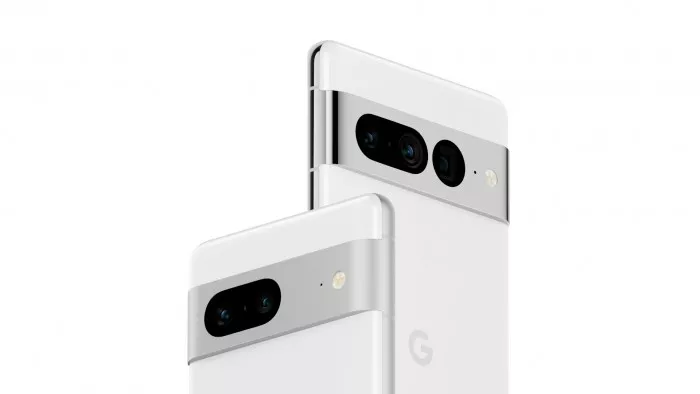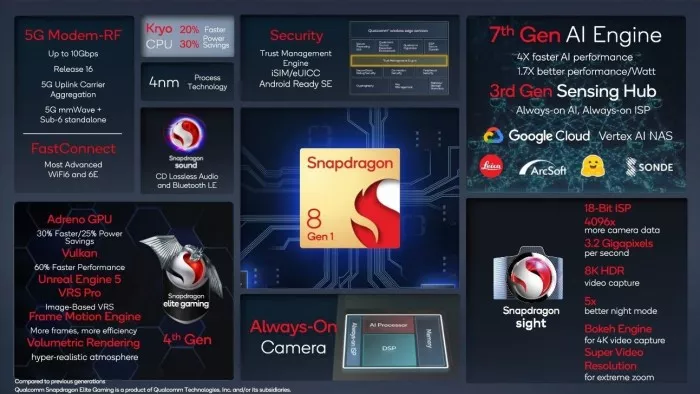During the i/o 2022 keynote speech, Google did not disclose too many details about the pixel 7 / 7 Pro smartphone. However, one thing is certain that the new flagship will use the second generation tensor SOC Usually, the manufacturer will keep the important details secret before the official release. However, a new report recently said that Google will once again choose Samsung 4nm process to mass produce the next generation of customized chips.

D Daily reported that: even though Qualcomm had been forced to switch to TSMC's same generation process with better reputation, after the first generation tensor SOC selected the Samsung 5nm process for manufacturing, Google also selected the Samsung 4nm process for its second generation custom chips.
In addition to technological upgrading, Korean media also predicted that the second generation of Google tensor SOC would start mass production in June. As for when the pixel 7 / 7 Pro will be officially released, D daily did not further mention.
As a reference, Google released the pixel 6 / 6 Pro in October 2021, so a new generation of models is expected to arrive in the same period this year. As for why Samsung has become the only OEM of pixel 7 custom chips, many factors may be involved.

(pixel 7 / 7 Pro rendering)
Earlier, Qualcomm chose Samsung because it reported earlier that the deal was more cost-effective, while TSMC may charge a higher price. Now it seems likely that Samsung sent Google an equally attractive offer to completely interrupt its desire to switch to competitors.
On the other hand, as the largest customer of TSMC, Apple Has occupied the vast majority of the company's production capacity. Google, which is relatively small in size, naturally lacks the confidence to negotiate prices and compete for production capacity.

It should be noted that Qualcomm has suffered from the Samsung 4nm process (overheating / performance problems) on Xiaolong 8 Gen 1. As for whether the second generation tensor customized chips of Google will repeat the same mistakes, it still needs time to test.
Of course, even if the hardware can not catch up with the competitive products, Google is still quite good at building confidence through software optimization, such as machine learning, imaging algorithms, speech recognition, etc.